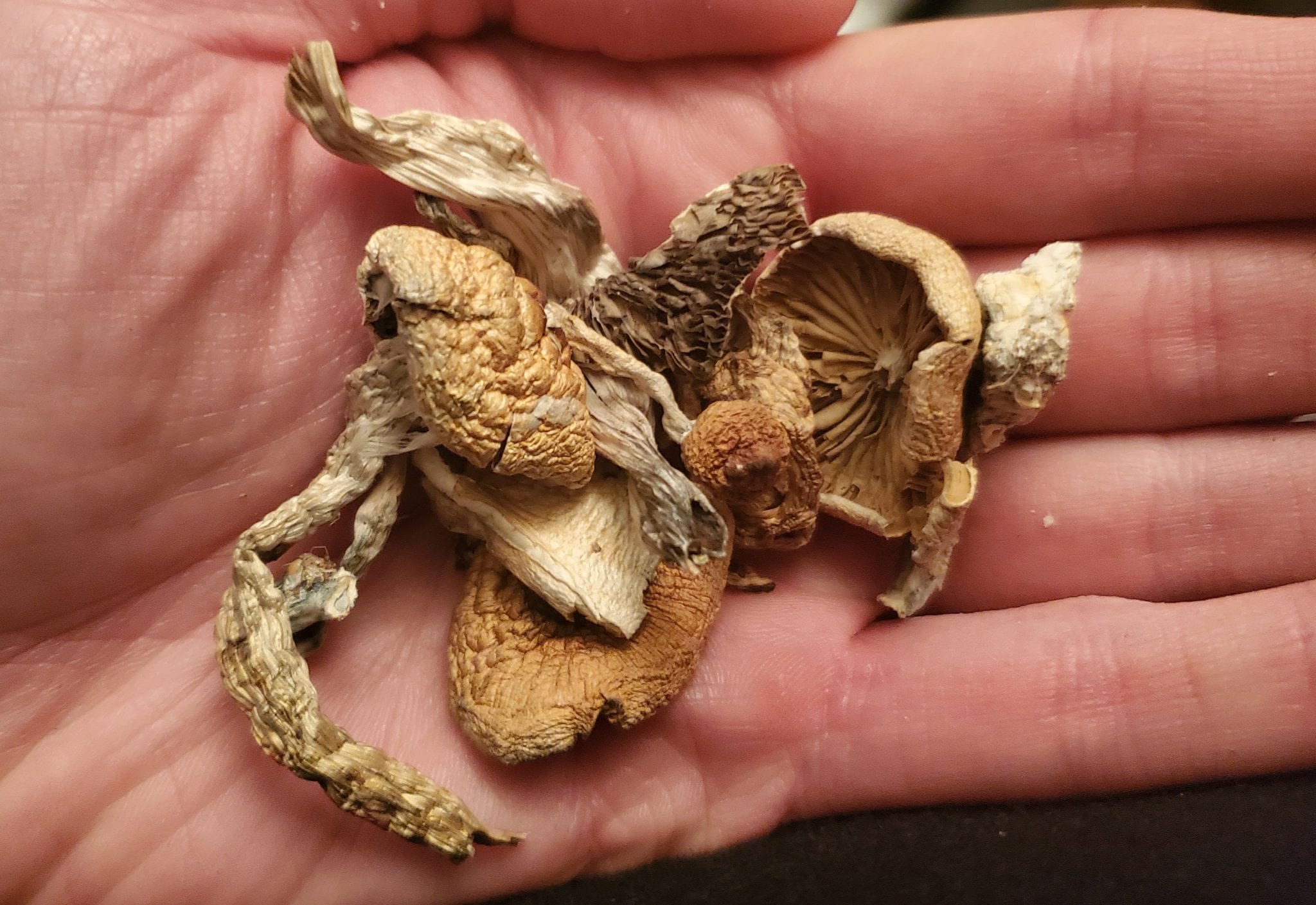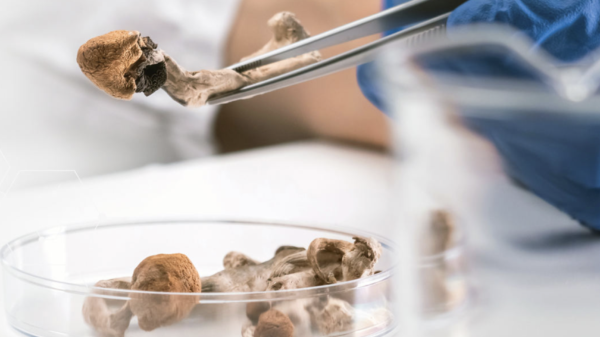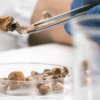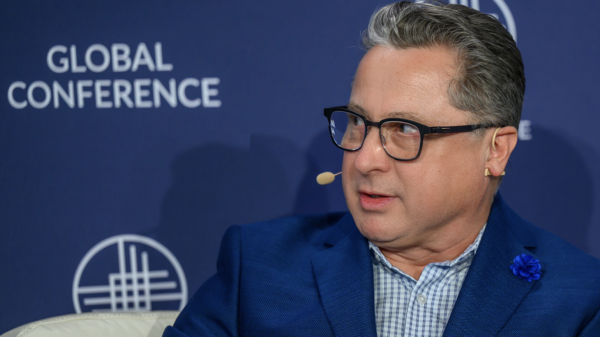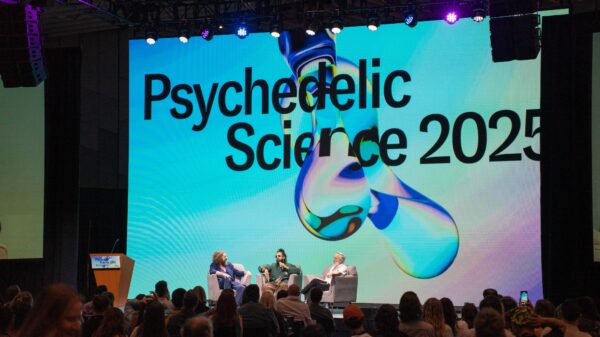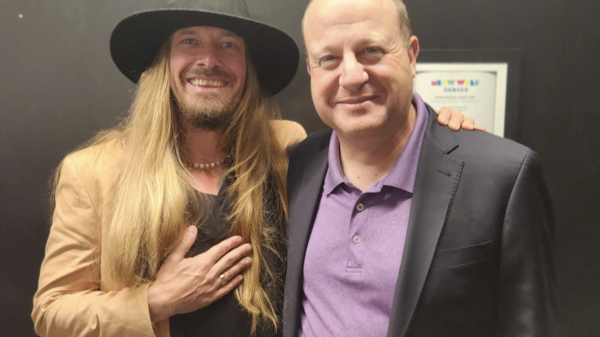The main psychoactive ingredient found in magic mushrooms appears even more likely to help people combat major depression, new research suggests.
A small, but robust study of 27 adults published this week in JAMA Psychiatry found that treatment including psilocybin was more effective than traditional antidepressent medication.
While psilocybin mushrooms have a long history of therapeutic use by Indigenous cultures, this is the first randomized controlled trial that has tested it as therapy for people with depression, says Alan Davis, study author and faculty member at both Johns Hopkins and Ohio State universities.
Earlier research hinted that the compound might effectively ease depression, but there’s been a lack of clinical trials to establish those claims.
In 2016, Johns Hopkins Medicine researchers first reported treatment with psilocybin along with psychological support significantly relieved existential anxiety and depression in people with a life-threatening cancer diagnosis.
The latest study implies that psilocybin could be effective in a much wider patient population than previously recognized.
“The magnitude of the effect we saw was about four times larger than what clinical trials have shown for traditional antidepressants on the market,” Davis said in a statement. “Because most other depression treatments take weeks or months to work and may have undesirable effects, this could be a game changer if these findings hold up in future ‘gold-standard’ placebo-controlled clinical trials.”
Read more: UC Berkeley’s new psychedelic research centre wants to change your mind
In the study, 24 patients received two doses of synthesized psilocybin on different days and also received about five hours of psychotherapy in each treatment session. The drug was given by two clinical therapists who guided the participants. The patients wore eye coverings and headphones that played music in a relaxed setting at a Johns Hopkins University facility. Three patients dropped out at different stages of two separate, four-week sessions.
After treatment, two-thirds showed a 50 per cent reduction in depression symptoms at a one-week follow-up, and 71 per cent after four weeks.
Overall, 54 per cent of participants no longer qualified as being depressed four weeks after treatment.
The study should be noted for its scientific rigour and data from the trial should bolster further research on the subject, says Charles Reynolds, a distinguished psychiatry professor University of Pittsburgh’s School of Medicine who commented on the research in a JAMA editorial.
The researchers say they’ll follow the participants for a year after the study to see how long the antidepressant effects of the psilocybin treatment last, and will report their findings in a later publication.
Almost two years ago, the U.S. Food and Drug Administration approved the anesthetic and club drug ketamine for depression.
More than 17 million people in the U.S. and 300 million people worldwide have experienced major depression, according to the National Institute of Mental Health.
The emergence of treatments like psilocybin and ketamine may signal a new era in treating depression, Reynolds told NPR.
He wants to see more research funded by mainstream institutions to prove the safety and efficacy of those treatments and the type of patient who’s likely to benefit most. This study relied on a crowdsourcing campaign.
“I believe this study to be a critically important proof of concept for the medical approval of psilocybin for treatment of depression, a condition I have personally struggled with for decades,” says entrepreneur and philanthropist Tim Ferriss, who supported the funding campaign.
In the U.S., it’s illegal to possess psilocybin without a research licence issued from the Drug Enforcement Administration. However, voters in Oregon passed a ballot measure on Nov. 3 that will compel the state to create a psilocybin-assisted therapy program.
Top image by Jared Gnam
jared@mugglehead.com
@JaredGnam

